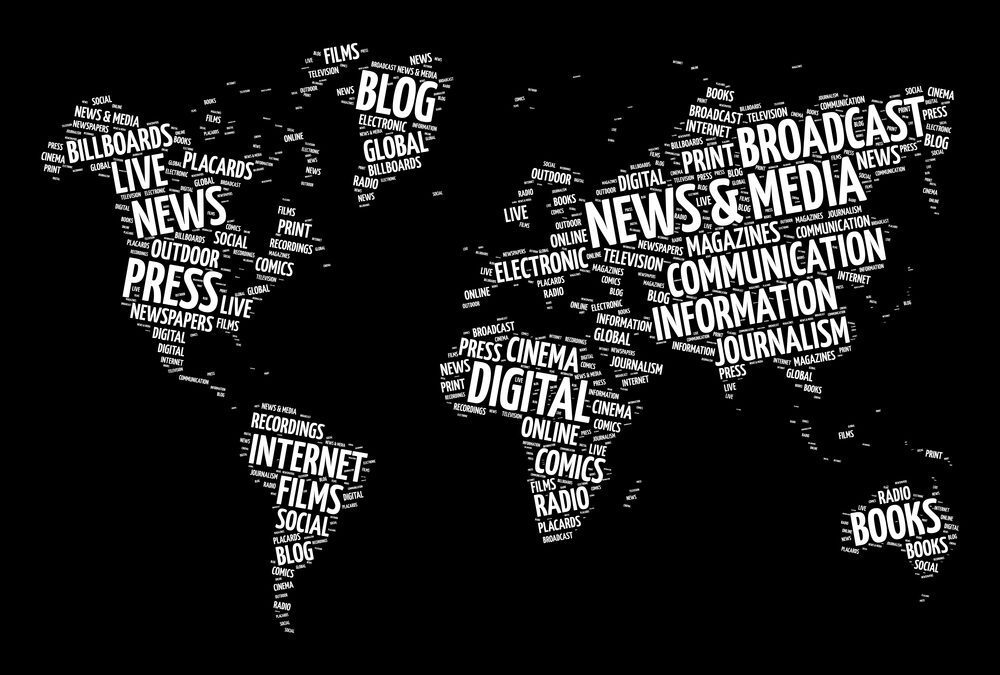As the saying goes, “Intelligence is knowing that tomatoes are fruit, and wisdom is not putting them in fruit salad.” Humans are the smartest animal on the planet. Our standout evolutionary achievement is our big brain. But it is only in the last 500 or so years that we have been using it to significantly alter the planet and how we live on it. Though we did take several important technological steps in the past, agriculture, the pyramids, the wheel, metal working, and roads, to name a few. It was only from the renaissance that proper science blossomed, when some people took back the ability to question from the control of the Catholic Church. Only a little later the industrial revolution took hold, and humanity’s curiosity and ingenuity were unleashed. Remember it only took 66 years to go from the first powered flight by the Wright brothers in 1903, to landing a man on the moon in 1969. Our understanding of how atoms work was revolutionised in the early decades of the 20th century and coalesced into quantum mechanics in 1925. Through the focus of WW2 and the Manhatton Project a nuclear bomb was developed just 20 years after that. It is the 80th anniversary of the dropping of the first such bomb on Hiroshima this week. Today we stand at the edge of a revolution in Artificial Intelligence (AI), which not only seems to threaten many skilled jobs, but could also be weaponised through gene editing, or in conjunction with robotics. And although the fear of AI becoming self-aware has been explored through books and films, many people still seem to be working towards making this a reality. We are using our intelligence ‘superpower’ to relegate ourselves to the second most intelligent force on the planet. Humans can do amazing things, but as with nuclear weapons, and potentially with genetics, and AI, we are demonstrating that our use of intelligence is way ahead of our use of wisdom. It is like giving a pistol to a toddler and then being surprised when accidents happen. Today we need our wisdom to catch-up, before we do something to ourselves we cannot undo.
So how do we develop our wisdom? Wisdom comes with experience, and experience only counts when we reflect on it. This sense of reflecting on experience means that you look at what you did well and what you didn’t do so well. Things that you didn’t do so well usually stem from, not having the right skills, or not having all the relevant information, or not considering all relevant perspectives. Or despite having all the relevant skills, information, and perspectives you still didn’t act in a way that worked out well. For an individual, this last point suggests something is unresolved in their unconscious. You can build wisdom through your own experience and by observing others. You can gather more knowledge about the world and how it seems to work, and from all of this you can then look for connections and patterns, such as they are, whilst always remembering that there might not be a pattern there either. In my opinion the amount of wisdom applied to a situation also increases as you increase the number of stakeholders you consider. In effect, wisdom is a more complex, interconnected, and reflective way of applying intelligence.
One of the downsides of liberating our ability to question from the control of the Church is that we then became blind to the spiritual perspective. Today, more than ever, we need to re-adopt this view. But it isn’t the spiritual perspective of any monotheistic religion, it is a new spiritual understanding. One that sees humanity as spirits having a physical experience, and one that viscerally understands that what you put out is what you get back. I believe that today we urgently need a Spiritual Revolution to balance out our industrial one. Who’s up for that?
“Our scientific power has out run our spiritual power. We have guided missiles and misguided men.” Martin Luther King, Jr





